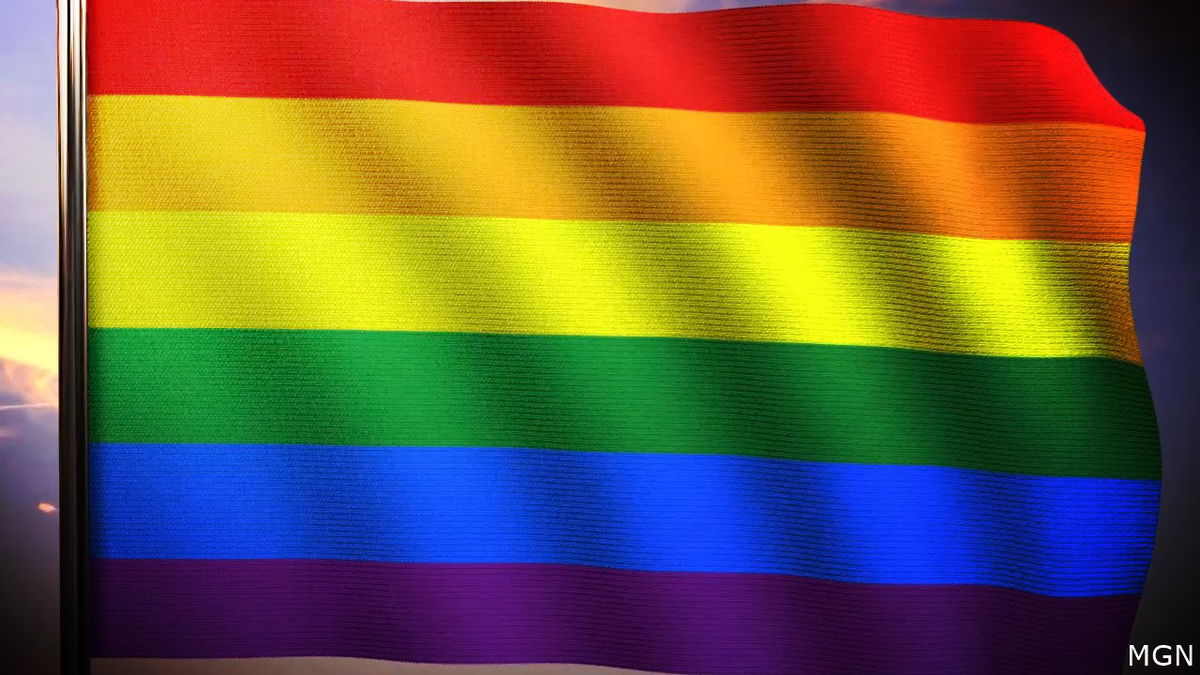Same-sex couples updating legal status after abortion ruling

BIRMINGHAM, Ala. (AP) — Emails and phone calls from same-sex couples, worried about the legal status of their marriages and keeping their children, flooded attorney Sydney Duncan’s office within hours of the Supreme Court’s decision eliminating the constitutional right to abortion.
The ruling last week didn’t directly affect the 2015 decision that paved the way for same-sex marriage. But, Duncan said, it was still a warning shot for families headed by same-sex parents who fear their rights could evaporate like those of people seeking to end a pregnancy.
“That has a lot of people scared and, I think, rightfully so,” said Duncan, who specializes in representing members of the LGBTQ community at the Magic City Legal Center in Birmingham.
Overturning a nearly 50-year-old precedent, the Supreme Court ruled in a Mississippi case that abortion wasn’t protected by the Constitution, a decision likely to lead to bans in about half the states. Justice Samuel Alito said the ruling involved only the medical procedure, writing: “Nothing in this opinion should be understood to cast doubt on precedents that do not concern abortion.”
But conservative Justice Clarence Thomas called on his colleagues to reconsider cases that allowed same-sex marriage, gay sex and contraception.
The court’s three most liberal members warn in their dissent that the ruling could be used to challenge other personal freedoms: “Either the mass of the majority’s opinion is hypocrisy, or additional constitutional rights are under threat. It is one or the other.”
That prospect alarms some LGBTQ couples, who worry about a return to a time when they lacked equal rights to married heterosexual couples under the law. Many, fearful that their marital status is in danger, are moving now to square away potential medical, parental and estate issues.
Dawn Betts-Green and wife Anna Green didn’t waste time shoring up their legal paperwork after the decision. They’ve already visited a legal clinic for families with same-sex parents to start the process of making a will.
“That way, if they blast us back to the Dark Ages again, we have legal protections for our relationship,” said Betts-Green, who works with an Alabama-based nonprofit that documents the history of LGBTQ people in the South.
As a white woman married to a Black transgender man, Robbin Reed of Minneapolis feels particularly vulnerable. A decision undermining same-sex marriage or interracial unions would completely upend Reed’s life, which includes the couple’s 3-month-old child.
“I have no expectation that anything about my marriage is safe,” said Reed, a legal aide.
Reed’s employer, Sarah Breiner of the Breiner Law Firm, is setting up seminars in both the Twin Cities and the Atlanta area to help same-sex couples navigate potential legal needs after the court’s decision. Breiner said helping people remain calm about the future is part of her job these days.
“We don’t know what might happen, and that’s the problem,” Breiner said.
In a sign of what could come, the state of Alabama already has cited the abortion ruling in asking a federal appeals court to let it enforce a new state law that makes it a felony for doctors to prescribe puberty blockers and hormones to trans people under age 19. The decision giving states the power to restrict abortion means states should also be able to ban medical treatments for transgender youth, the state claimed.